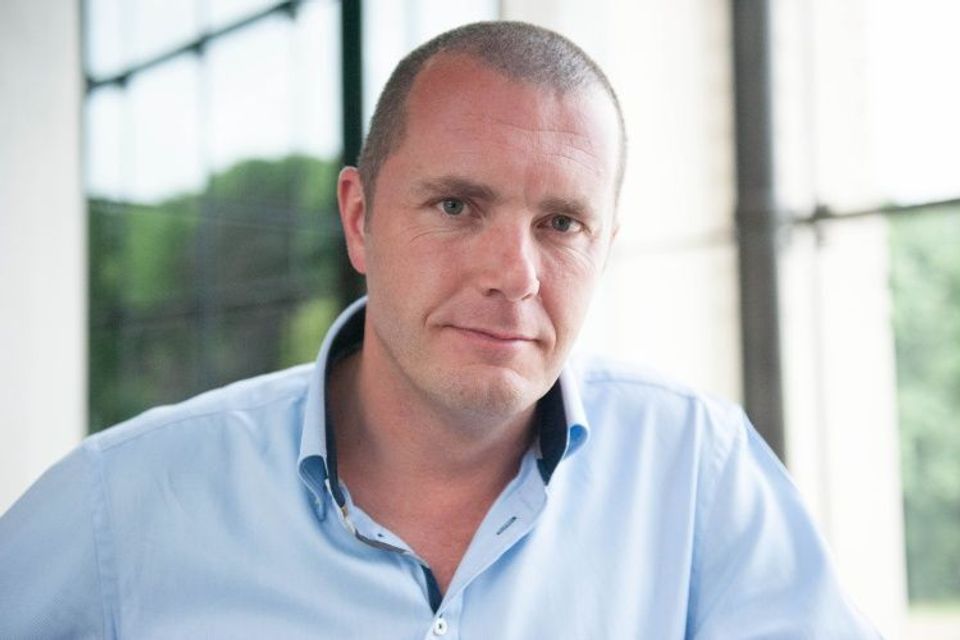Conference Matters international, Conferences
Building Bridges; enabling dialogue more needed than ever

The EU Dialogue event which brought together representatives of the European policymakers and leaders from the event industry demonstrated the importance of building bridges via dialogue. In a non-aligned world, it is critical to continue to invest time and effort in such events, allowing for a facilitated exchange of knowledge and enabling growth on all fronts.
At the AIPC Academy, which took place mid-April, we asked the participants – coming from 14 countries across the world – what their key challenges are. It turned out that the majority of these have to do with dialogue, whether it is with the staff, the clients or other stakeholders. While we often refer to 2019 as a reference year – the number of times I heard a venue manager say “we’re finally back at the levels of 2019” – the reality is that the economic and market landscape has completely changed. According to research done by McKinsey, only a minority of CEOs worldwide think we’re going back to the economic situation we had before the pandemic.
As a result, a lot of change is needed, on all levels. The continued shortage of resources at venues, especially but not only at mid-management level, forces venues to revise their event portfolio and focus on bottom line instead of top line. Or put differently: free up time for the teams to get some breathing space by eliminating those events which don’t bring in sufficient margin and by focusing on delivering excellence on events which do.
The rise of AI and the opportunities it offers require venues to look at their tech stack and adapt their architecture in order to integrate AI models based on use cases, which will result in increased efficiency and productivity. The drive towards net zero – driven both by client demand and cost savings – leads to changes in processes, supply chain and infrastructure.
These needs for change are in contrast with another phenomenon: a growing reluctance to change or what Gartner calls the “change deficit”. Staff is getting fatigued by both the volume and the speed of change, impacting success ratios. To address this, more time needs to be invested in explaining how this change fits with the overall strategy of the company and the market landscape and what exactly is expected from staff to make sure the change is successfully implemented. And explaining means a two-way communication – a real dialogue, allowing for full alignment on purpose and objectives.
A similar type of dialogue is needed between European policy makers and the event industry. There needs to be a true understanding – on both sides – on the purpose of new regulation and the impact it has. All too often, legislation impacting our industry is created within a “Brussels Bubble”, after which is simply being imposed throughout the continent. That is why initiatives such as EU Dialogue, spearheaded by Visit Brussels, are so important: they bring together all the stakeholders involved to create a common understanding of a complex reality, resulting into genuine bridgebuilding and positive outcomes for both sides. It was great to see how a member of the European Parliament, a representative of a Directorate General and a event industry leader were discussing very tangible solutions for some of the problems faced AND that they committed to following up and dealing with this.
For AIPC, representing over 200 convention centres across the globe, these types of events and dialogues are critical. They demonstrate the value of venues as vessel within which conversations take place that have a tangible impact on the world we live in – from the COP meetings dealing with climate change to gatherings of medical associations trying to eliminate diseases. It is crucial that we can continue to play that important role, also when it comes to our own industry.
Sven Bossu, CEO AIPC
Deel dit bericht
Reacties
Er zijn nog geen reacties.
Plaats een reactie
Je moet ingelogd zijn om een reactie te plaatsen.
